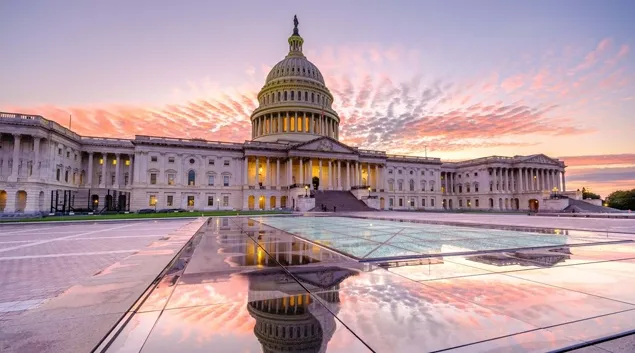
Senator Josh Hawley, R-Mo., has introduced new legislation that would effectively reverse some of the biggest cuts to Medicaid funding that are set to take place under the One Big Beautiful Bill Act.
Hawley’s new bill, the Protect Medicaid and Rural Hospitals Act, would double the federal investment in rural health care while reversing future changes to Medicaid hospital funding.
The reconciliation bill, signed into law by President Trump earlier this month, created a rural hospital fund for the first time, but Congressional leadership also scheduled reductions in states’ provider tax authority to begin in some states as early as 2028.
According to Hawley, states levy provider taxes to finance a portion of their Medicaid costs, allowing them to access federal Medicaid funds for critical access hospitals and rural providers.
“President Trump has always said we have to protect Medicaid for working people,” he said. “Now is the time to prevent any future cuts to Medicaid from going into effect.”
WHAT’S THE IMPACT
When the One Big Beautiful Bill Act was passed, the American Hospital Association called its passage "an extremely disappointing and very difficult day for healthcare in America."
Congress has cut nearly a trillion dollars from Medicaid over a decade and has made enrollment in that program and in Affordable Care Act plans harder, according to AHA President and CEO Rick Pollack. The number of uninsured individuals is expected to increase by 11.8 million, he said.
"No matter how often repeated, the magnitude of these reductions – and the number of individuals who will lose health coverage – cannot be simply dismissed as waste, fraud, and abuse," Pollack said by statement.
The Protect Medicaid and Rural Hospitals Act would repeal the provider tax moratorium and the future reduction of provider tax authority in the reconciliation bill. This, said Hawley, would restore a key aspect of Medicaid funding that states rely on to finance their programs.
It would also repeal provisions in the reconciliation bill related to state directed payments that could reduce Medicaid reimbursements.
Also included in the bill is a provision that would double the total investment in the Rural Health Transformation Fund to $100 billion, and extend the life of the Rural Health Transformation Fund from five years to 10 years.
THE LARGER TREND
The AHA has emphasized the importance of keeping provider taxes to increase the amount of Medicaid funding available to providers. How it works: States tax hospitals and that revenue is matched by the federal government. The money is returned to hospitals in increased Medicaid payments.
One Big Beautiful Bill prohibits new or increased provider taxes, but it has a three-year transition period. It reduces existing provider taxes in the 41 states and the District of Columbia that have expanded Medicaid, from the current level of 6% of net patient revenues to 5.5% in 2028, down to 3.5% by 2032, according to Morgan Lewis.
Email: jlagasse@himss.org
Healthcare Finance News is a HIMSS Media publication.